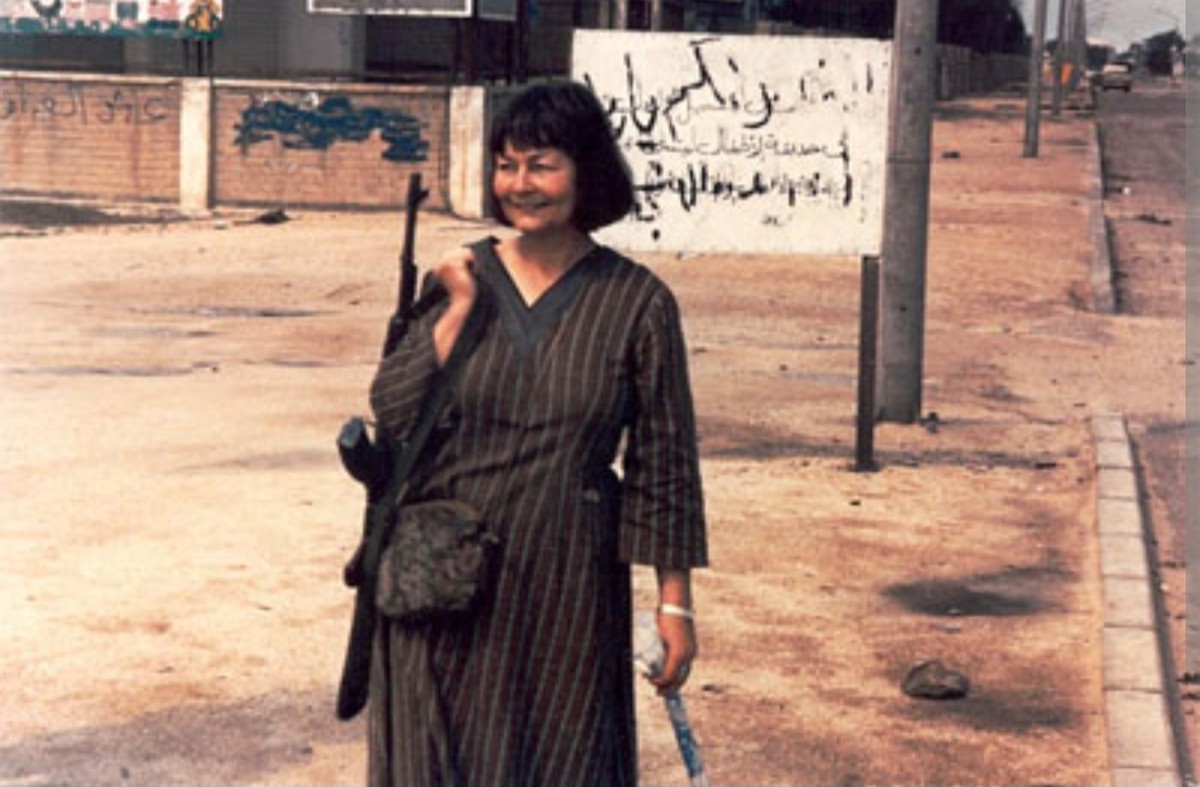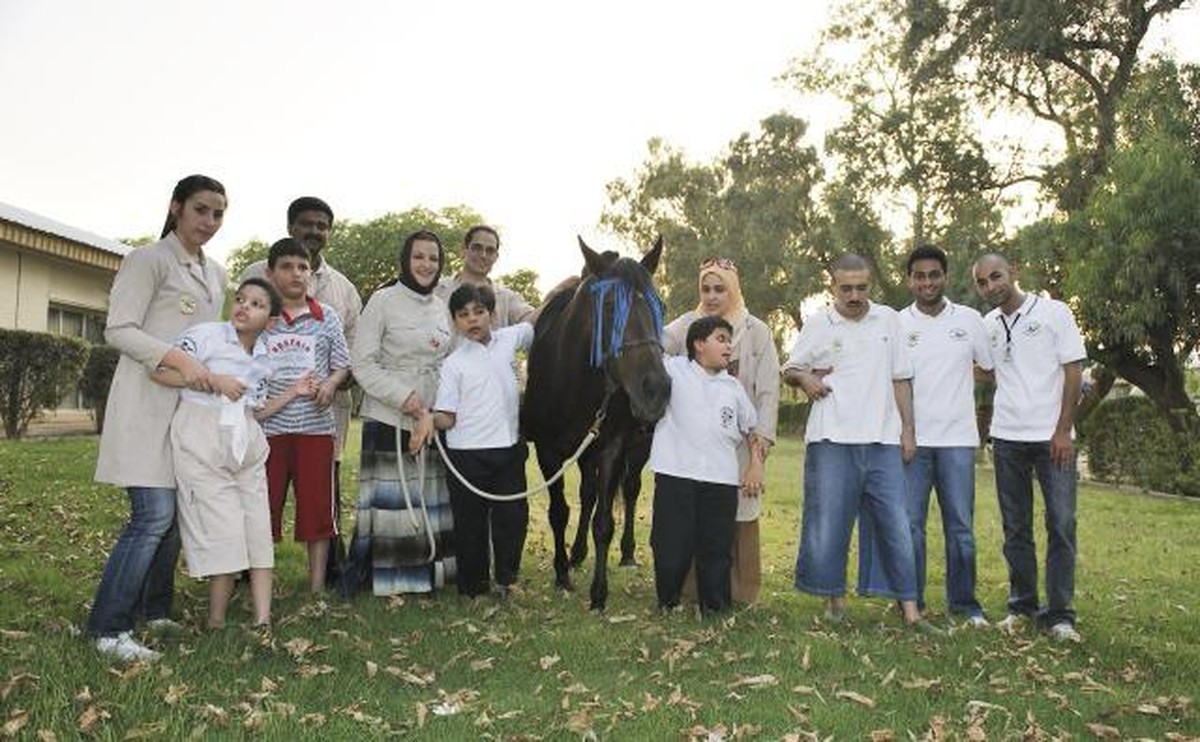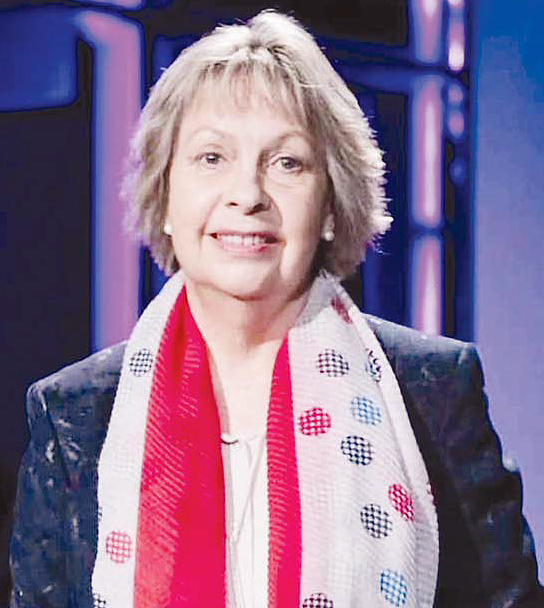04/09/2025
04/09/2025

Kuwaiti men have been marrying foreign women for centuries; however, the patterns and motivations behind these marriages have undergone significant evolution. Historically, in the pre-oil era, especially within the Arabian Gulf and Indian Ocean trade network, marriage between Kuwaiti men and foreign women was not uncommon. Kuwaiti merchants who worked and lived abroad in Bombay, Basra, Calicut, Zanzibar, and Bahrain sometimes married locally for business alliances, social conveniences, or during extended stays abroad. These wives could be from other Gulf tribes, Iranian families, Indian communities or East African backgrounds.
The situation changed after the discovery of oil, when the social fabric underwent significant changes. The discovery of oil enabled free education and the sending of Kuwaiti students abroad for higher studies. Thousands of foreigners migrated to Kuwait for work. The 1950s to 1980s marked a fundamental shift, during which Kuwaiti men studying abroad (in Cairo, Beirut, Britain, or the US) often married their foreign classmates or colleagues. The arrival of many qualified ‘foreign’ women to Kuwait for work brought them into close interaction with the local population as well. Sometimes these interactions converted into marriages. By the 1970s and 1980s, marriages between Kuwaitis and non-Kuwaitis had become more visible, although they still constituted a minority compared to intra-Kuwaiti marriages.
One non-Kuwaiti woman who not only made Kuwait her home but became part of Kuwaiti folklore and history is Dame Violet Dickson, also known as Umm Saud. Of course, Dame Violet Dickson did not marry a Kuwaiti; she was the wife of Col Harold Dickson, Kuwait’s first political agent. However, Violet Dickson was a foreigner, born British, who made significant contributions to Kuwait, particularly in the fields of botany, literature, and fostering cultural understanding between Kuwait and the West. Tales of Dame Violet, who is variously referred to as Umm Saud or ‘Hajjiyah’, the honorific title of a returned pilgrim to Mecca, an unusual tribute for a Christian woman, have assumed almost legendary proportions in Kuwait.
Like Dame Violet Dickson, many non–Kuwaiti women married into Kuwaiti families and made this country their own. While building their lives here, they contributed variously to Kuwait’s socio-cultural, health, and literary fabric, strengthening it and leaving indelible impressions. One of the first women I was introduced to when I first started writing for Arab Times was Margaret Al Sayer. Beam Thompson, the bubbly erstwhile President of the Kuwait Textile Arts Association, introduced us. Margaret, the British wife of Dr Hilal Al Sayer, President of the Kuwait Red Crescent Society (KRCS), and Former Minister of Health of Kuwait, was then busy harnessing support for the founding of the Kuwait Association for the Care of Children in Hospital (KACCH) and Bayt Abdullah Children’s Hospice (BACCH). Without Margaret’s efforts, Kuwait may have taken longer to progress in the field of paediatric palliative care, and children with life-limiting conditions in Kuwait may have suffered for a longer time.
Speaking of Margaret’s contribution, Dr Lubna Al Qadi, Kuwait’s leading social scientist and founder of Women’s Research Studies Centre, said, “ Margaret AlSayer is well known in Kuwait for her pioneering work in childcare in hospitals for over 30 years. Together with her husband, Dr. Hilal AlSayer, she recognised the need to keep children happy while hospitalised, leading to the idea of opening play areas outside paediatric wards.” Recalling her own experience, Dr Al Qadi said, “ I still remember my youngest son’s joy when I took him from his room to play there. Like many other mothers, I felt a sense of relief as I watched our children laugh and play, oblivious to the sterile hospital environment. Under Margaret’s leadership, the initiative grew into a nonprofit association known as KACCH. Later, she opened Bayt Abdullah. Through her work, Margaret has left a lasting impact on medical care in Kuwait, emphasising that true healing involves not only easing pain but also addressing the psychological and spiritual well-being of children and their families.”

Yet another British woman whose contributions to strengthening Kuwait’s cultural heritage are exemplary is Jehan Rajab, who not only cofounded the Tareq Rajab Museum and the New English School, but she also authored several acclaimed books on Kuwaiti culture and her personal experiences during the Iraq invasion. Through her tireless work, the dimpled British woman, married to the legendary Tareq Rajab, helped build and curate a vast collection of Islamic art and artefacts, documenting and preserving aspects of culture lost to modernisation. “There is so much to say about Jehan Rajab,” says Bader Al Baijan, Steering Committee Member of Dar Al Athar Al Islamiyyah. “Jehan was many lovely characters rolled into one. She played so many vital roles in her life, the most important of which was being a mother to three wonderful children. She was also an accomplished writer, documentarian, traveller, and a renowned cook. She was also the director of New English School. Her most outstanding work was cofounding the Tarek Rajab Museum. Her memorable stand against the Iraqis will never be forgotten. She wrote a book about that and how they saved their museum.”

Then there are Americans like Claudia Farkas Al Rashoud, Kuwait’s most prominent photojournalist, who has spent more than 40 years documenting Kuwait. She has portrayed Kuwait like few people have, travelling with her camera through the country, documenting decades of social evolution, and essential aspects of Kuwait’s socio-cultural history in her many books and articles. Claudia is a founding member of the Kuwait Society for Animal Welfare (KSAW) and co-founder of Touch of Hope Q8. Claudia joined the Arab Times in 1979 and has been contributing to the paper ever since. An author, photographer, and animal activist, her contributions to documenting and archiving Kuwait’s past and present are unrivalled. I believe, and so do many others, that Kuwait would have lost a lot of its information if it were not for Claudia. For more than four decades, Claudia has lived, loved and worked in Kuwait. She has assimilated into her husband’s homeland, her prolific work perhaps being the only documentation on some aspects of Kuwait’s history and culture that would have otherwise vanished without a trace. As such, Kuwait owes a massive debt of gratitude to Claudia.
Sheikha Hussa Sabah al-Salem al-Sabah, co-owner of the al-Sabah Collection and Director-General of Dar al-Athar al-Islamiyyah, when requested to comment on Claudia’s extraordinary contribution, said, “ On 3 November 2021, Claudia Farkas AlRashoud held a Dar al-Athar al-Islamiyyah audience enthralled, as she delivered her lecture 'Forty-two Years of Documenting Kuwait'. I didn’t say anything at the time, but I take exception to the limitations of ‘documenting’. Claudia’s contribution to Kuwait far exceeds documentation. Her photography and storytelling, based on her experiences in multiple aspects of Kuwait, are stories of a life lived in Kuwait. She has a remarkable ability, through images and words, to share both the facts and the feelings of a time, place and event. We have been lucky to have her share these gifts with us.”
Another stellar non–Kuwaiti woman who has left an indelible impression on Kuwait is the imitable Vera Al Mutawa MBE, whose legacy centres on building one of Kuwait’s premier international schools from humble beginnings, channelling investment into educational excellence, and earning high praise for her visionary leadership. Vera Al Mutawa founded the British School of Kuwait in 1993, offering a comprehensive British-style education and world-class learning experiences. Her transformative vision for education earned her an MBE from HRH Prince William in 2014. Wendy Beddison, the first President of the British Ladies Society, who has lived in Kuwait for over fifty years, says, “We have all watched the progress of the British School of Kuwait with great admiration as it grew from a nursery school to the international stature it enjoys today. This success is the result of the vision and determination of one woman: Vera Al Mutawa. No one fails to be impressed by Vera’s achievement, which she carries with grace, dignity and generosity and a wicked sense of humour!” Dr Ziad Alsayed Rajab, Board Member of Tareq Rajab Museum and Director of New English School, “Vera Al Mutawa has been a part of Kuwaiti society since the 1960s, when she made this country her home. Married to a Kuwaiti and devoted to her family, she went on to establish a respected private school, shaping the lives of countless young people. Over the decades, Vera has become a trusted friend, admired colleague and a true member of the community. She is a staunch defender of Kuwait and its citizens, deeply committed to the country’s future.”
The Mirror House, one of Kuwait’s top tourist destinations, is the brainchild of Lydia Qattan, an Italian married to a Kuwaiti who moved to Kuwait after her marriage to Kuwait’s pioneering artist, Khalifa Al Qattan. In 1966, Lydia, a prolific artist and creative individual, started transforming her living space into a work of art. She began with a modest cabinet and then moved through the rooms before taking up the gargantuan task of covering every bit of both the exterior and interior of her home with striking mirror mosaic based on themes. With the Mirror House, a one-of-a-kind immersive art experience, she not only established Kuwait’s most iconic private art museum, blending Italian creativity with Kuwaiti symbolism, but she also contributed as a creative innovator and legacy keeper who continues preserving and sharing a unique artistic heritage, integrating sustainability and therapeutic art into her work. “I met her many times while I was working at Boushari gallery,” recalls Amira Behbehani, Kuwait’s leading artist. She is a unique person with a unique personality. She is very cultured and insists on speaking in Arabic. Everything about her is handmade. Everything about her comes from her heart. You can tell she is a giver because she has contributed to society and the culture in which she lives. I feel truly honoured to have met her, and I hope to see her again soon. I admire people who are productive and inventive. People who invent their own techniques and mediums, and make you part of it as well. Lydia is all of that.”
From the arts to the world of sports and sports therapy, the contributions of non-Kuwaiti women have been exemplary in various fields of life. As mothers who have nurtured generations of Kuwaitis, as educators who have strengthened Kuwait’s education system, as philanthropists who have bolstered Kuwait’s culture of giving to people in need, as activists who have founded women's rights organisations, and as professionals in various fields, their contributions cannot be negated. Take the example of Noelle Al Yagout, an expert horsewoman, equine therapist, and scientific illustrator. Born in Switzerland, Noelle Al-Yaqout made Kuwait her home after marriage. Her earliest professional contribution came through her work as a scientific illustrator at Kuwait University, where she served for over two decades, supporting the growth of academic research and education. Beyond academia, her most remarkable impact lay in the field of equine therapy. A lifelong passion for horses led her to the Hunting & Equestrian Club on the Sixth Ring Road, where she became an accomplished horsewoman.
Determined to harness this passion for serving the community, she pioneered a horse-riding program for children with autism and other special needs, a first of its kind in Kuwait. From 2003 to 2020, her program offered not just therapy but empowerment, building confidence, resilience, and joy among differently abled children. Under her guidance, many participants flourished, one even rising to become a champion rider. Through her dedication, innovation, and compassion, Noelle Al-Yaqout left an enduring mark on Kuwait, broadening the scope of special needs education, introducing equine therapy as a transformative tool, and touching countless families by giving their children new possibilities for growth and achievement. Dr. Abeer Yousef AlSafran, CEO- TEACCH Centre for People with Intellectual Disabilities and ASD, the organisation with which Noelle collaborated for many years, notes, “Madam Noel has touched the lives of many children with autism in Kuwait through her dedication to horse-riding therapy. With patience and compassion, she created a safe space where children could connect with horses, discover new strengths, and express joy beyond words.” Speaking of Noelle’s sense of empathy and care, she said, “With her long experience in equine-assisted therapy, Madam Noel became like a second mother to many children with autism in Kuwait. She not only taught them confidence through horse-riding but also protected them as her own. Once, when thunder shook the sky and the horse grew anxious, she quickly noticed the eyes of the horse and asked to bring the child down, showing her deep care, quick judgment, and unwavering devotion to their safety and happiness.”
The story of non-Kuwaiti women married to Kuwaitis is often overlooked in formal histories, yet their contributions have been profound across multiple spheres of Kuwaiti society. Their presence spans decades, from the pre-oil period through Kuwait’s modern state-building. Many non-Kuwaiti women, particularly from India, Lebanon, Palestine, and Europe, helped shape Kuwait’s education system. They often became cultural intermediaries, fusing their heritage with that of Kuwait. Some contributed as nurses, midwives, and doctors (especially women from India and Palestine) when Kuwait urgently needed medical professionals in the 1950s and 1970s. Many played key roles in philanthropic organisations such as the Kuwait Red Crescent, women’s associations, and cultural foundations. Some women co-founded businesses with their Kuwaiti husbands, especially in the hospitality, arts, and small-scale trade sectors. Non-Kuwaiti women married to Kuwaitis have enriched Kuwait through their contributions to education, culture, philanthropy, healthcare, and family diplomacy. They infused global influences into Kuwait’s local fabric while dedicating themselves to its growth, often working behind the scenes yet leaving enduring legacies.


